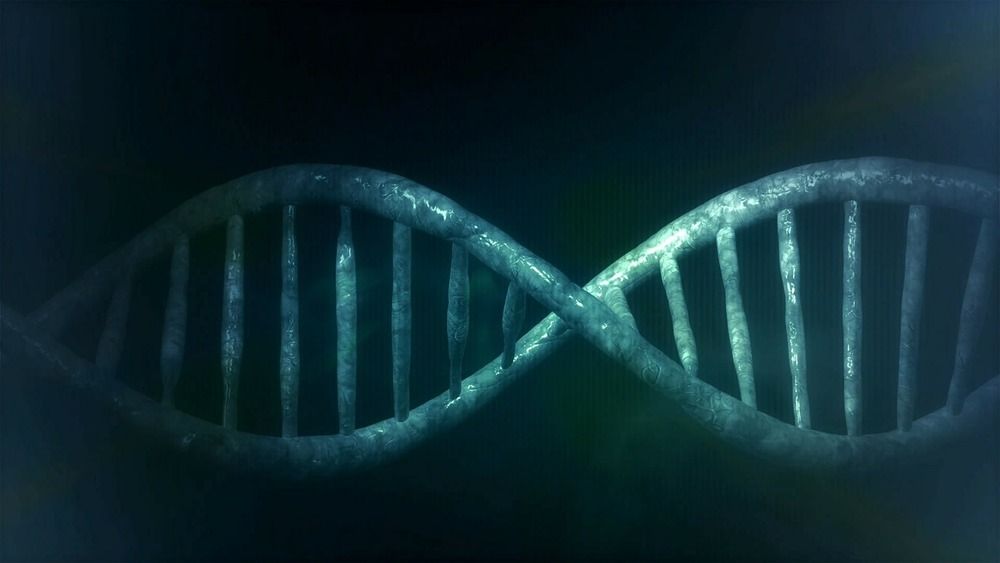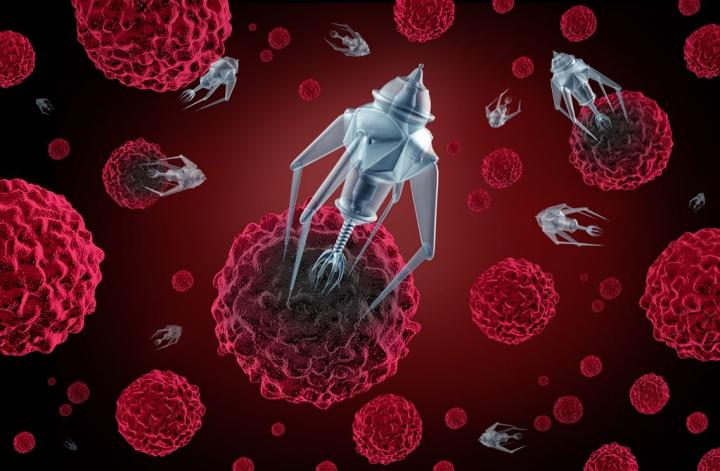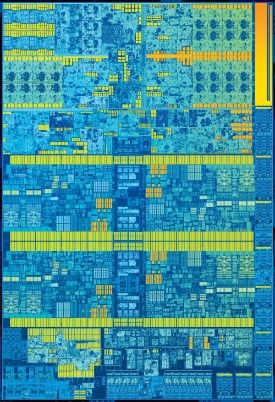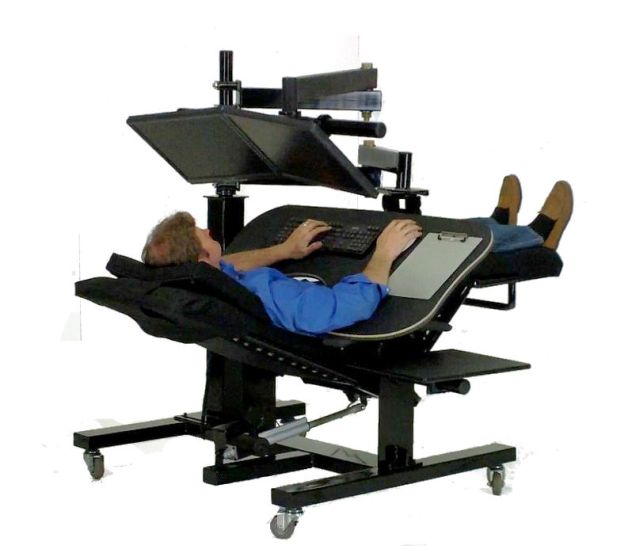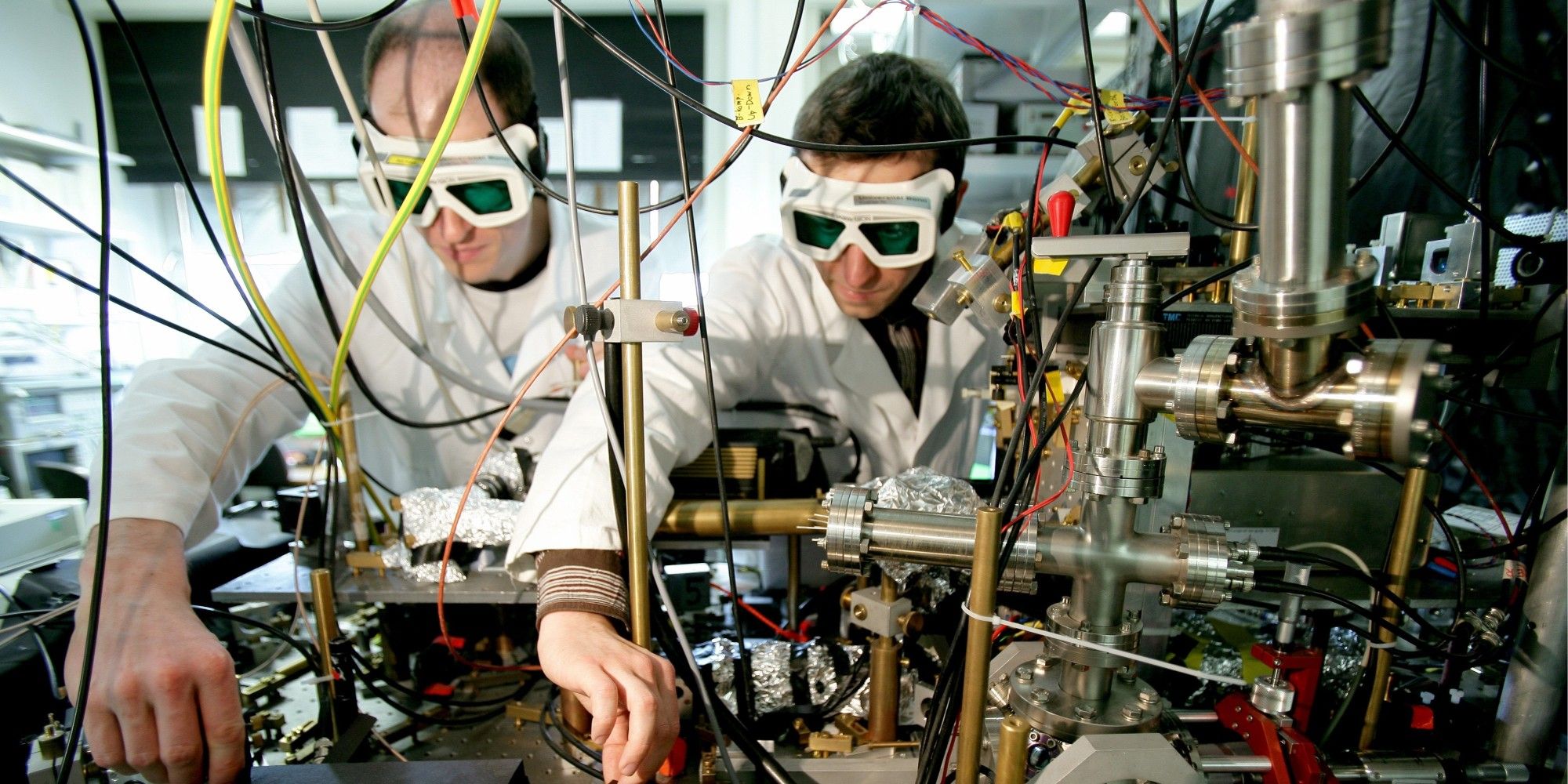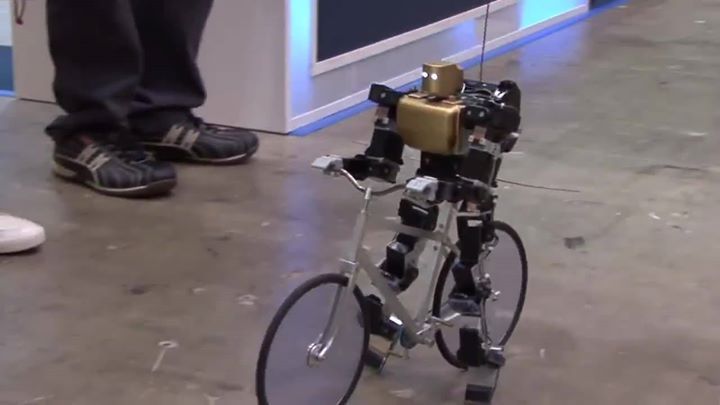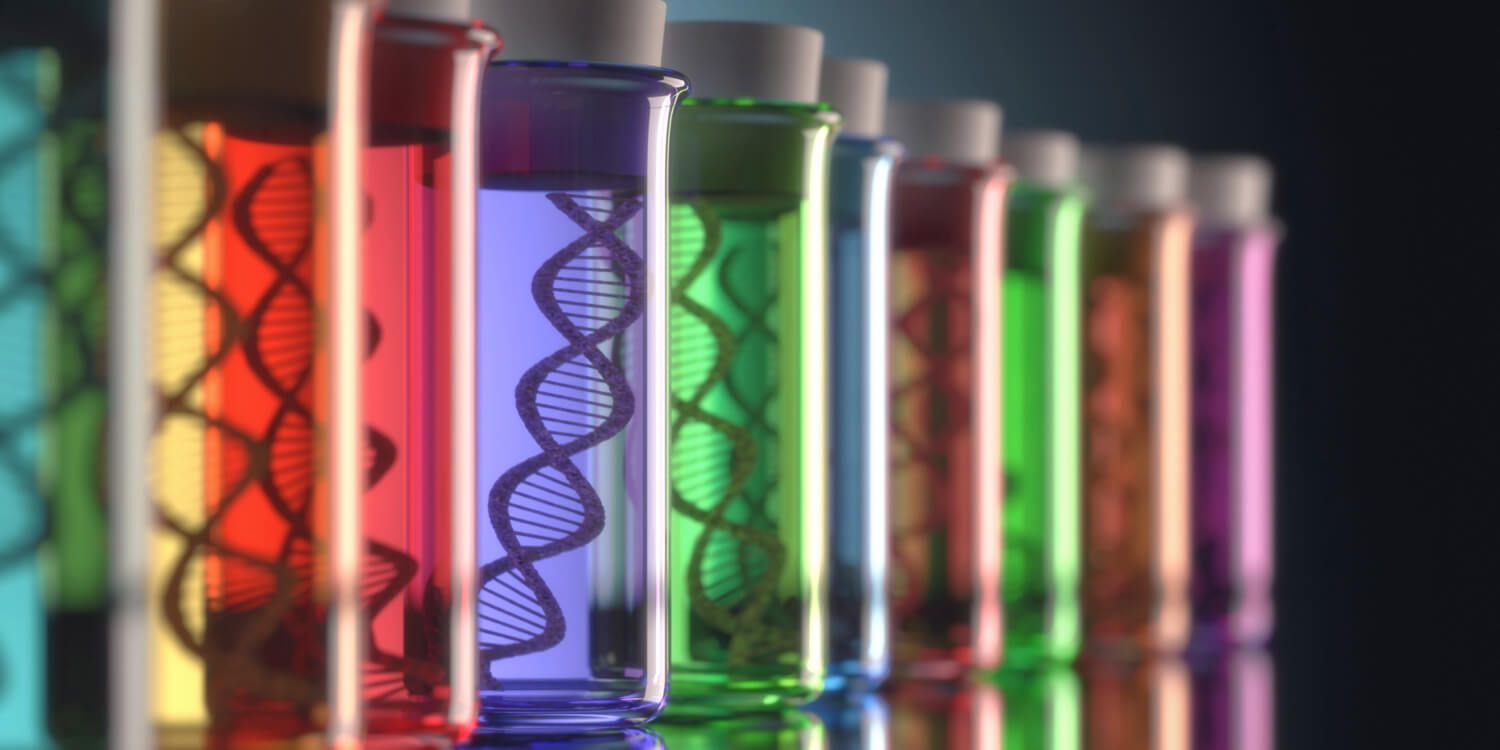
In April 2015, a paper by Chinese scientists about their attempts to edit the DNA of a human embryo rocked the scientific world and set off a furious debate. Leading scientists warned that altering the human germ line without studying the consequences could have horrific consequences. Geneticists with good intentions could mistakenly engineer changes in DNA that generate dangerous mutations and cause painful deaths. Scientists — and countries — with less noble intentions could again try to build a race of superhumans.
Human DNA is, however, merely one of many commercial targets of ethical concern. The DNA of every single organism — every plant, every animal, every bacterium — is now fair game for genetic manipulation. We are entering an age of backyard synthetic biology that should worry everybody. And it is coming about because of CRISPRs: clustered regularly interspaced short palindromic repeats.
Discovered by scientists only a few years ago, CRISPRs are elements of an ancient system that protects bacteria and other single-celled organisms from viruses, acquiring immunity to them by incorporating genetic elements from the virus invaders. CRISPRs evolved over millions of years to trim pieces of genetic information from one genome and insert it into another. And this bacterial antiviral defense serves as an astonishingly cheap, simple, elegant way to quickly edit the DNA of any organism in the lab.
Continue reading “Gene Editing Is Now Cheap and Easy—and No One Is Prepared for the Consequences” »

